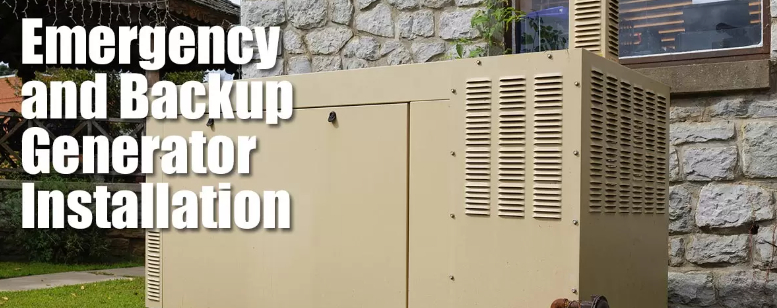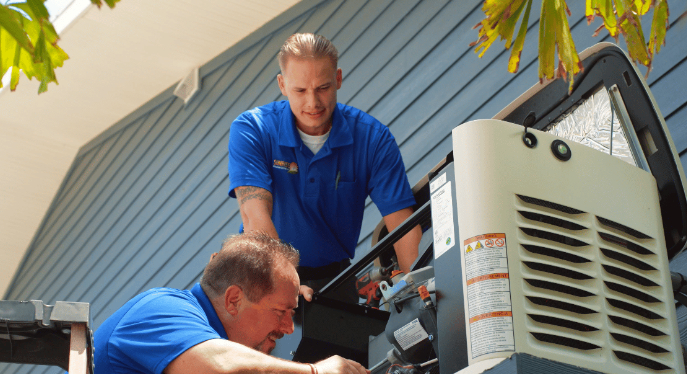
Generator Installation Shoreline WA
Call Now: 206-825-7570
Generator Installation at Power Electric is the industry standard in the greater Shoreline Area. Read our description below about our generator knowledge and expertise. We do not cut corners, we won’t hit you with hidden fees and we will certainly not over promise on time and quality. If a job is going to take a few weeks we will be upfront with you about that and not say we will have it done in a matter of days just to get the sale. We aren’t in this for transactional relationships, we are in the business of building strong relationships. We hope you give us a chance to build one with you.
Please navigate yourself to one of our service pages for more in depth detail about all of our experienced services we offer by clicking one of the links below.
· Home Inspection
· Electrical Panel
· Heating and Cooling
· Lighting Design and Installation
· Wiring
· EV Charger Installation
· Generator Installation
Also check out our neighborhood pages highlighting our favorite neighborhoods of Shoreline WA!



What are the different types of Generators?
There are several different types of generators, each with their own unique features and applications. Some of the most common types of generators include:
Portable generators: These are small, lightweight generators that can be easily transported to different locations. They are typically used for camping, tailgating, and as backup power during power outages.
Standby generators: These are larger generators that are permanently installed outside a home or building and are connected to the electrical system. They are typically used as a backup power source during power outages.
Inverter generators: These generators convert DC power to AC power and are designed to provide clean, stable power for sensitive electronic equipment such as computers and televisions.
Industrial generators: These are large generators that are used in industrial and commercial settings, such as factories, construction sites, and power plants.
Solar generators: These generators use solar panels to convert the energy from the sun into electricity, they are commonly used in remote locations or as backup power for homes.
Tidal generators: These generators use the energy of the tides to generate electricity, they are typically installed in coastal areas.
Wind generators: These generators use the energy of the wind to generate electricity, they are typically installed in windy locations.
Geothermal generators: These generators use the heat from the earth to generate electricity.
Biogas generators: These generators use the gas produced by the decay of organic matter to generate electricity, they are typically used in waste management plants or farms.
The type of generator you choose will depend on your specific needs and the application for which it will be used.
Back-Up Generator Installation Process
The installation process for a backup generator can vary depending on the type of generator and the specific requirements of the building or property, but generally, it includes the following steps:
Site assessment: An electrician or generator technician will visit the location to assess the electrical service and determine the best location for the generator. They will also assess the fuel source availability, whether it’s propane, natural gas, or diesel.
Permits and inspections: The electrician or generator technician will obtain the necessary permits and schedule any required inspections.
Electrical service upgrade: If the existing electrical service is not sufficient to support the generator, an upgrade may be necessary.
Generator installation: The electrician or generator technician will install the generator, which includes running new electrical circuits and wiring to the generator and connecting the generator to the electrical service.
Transfer Switch Installation: A transfer switch is necessary to connect the generator to the electrical service, it allows for a seamless transfer of power between the main source and the generator.
Fuel source connection: The electrician or generator technician will connect the generator to the fuel source, whether it’s propane, natural gas, or diesel.
Testing: The electrician or generator technician will test the generator to ensure that it is properly installed and that it is working correctly.
Final inspection: Once the generator is installed and tested, the electrician or generator technician will schedule a final inspection with the local building department.
Maintenance: The electrician or generator technician will provide instructions on how to maintain the generator and will be available for any future maintenance or repairs.
It’s important to hire a licensed and experienced electrician or generator technician to ensure that the generator installation is done correctly and safely. They will also make sure that the generator meets the local and national electrical codes.
Get an Estimate
Are you ready to finally finish that project? Let Power Electric be your savior. Please give us a call today, or fill out one of our free quote forms, trust me you will be glad you did.

